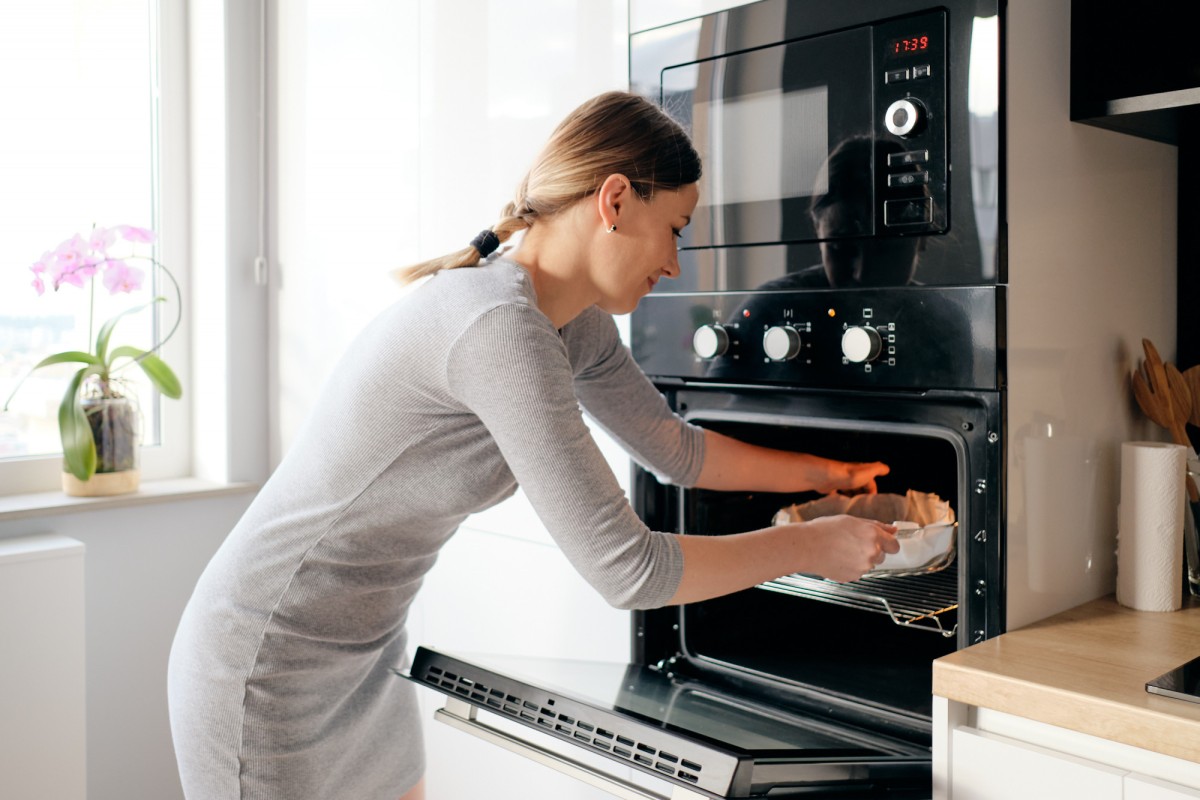
Understanding which appliances consume the most energy is the first step towards using them more efficiently. Where possible, it also helps in planning a gradual investment in newer, more energy-efficient models.
To make it easier for you to take steps towards more responsible energy use, we’ll highlight the appliances that consume the most energy and offer tips on how to reduce your energy bills by using them wisely.
The appliances that use the most energy
While every case is unique and your home’s energy consumption will depend on factors such as the efficiency of your appliances, how many you use, and the intensity of their use, some studies and estimates can help us better understand the average consumption of each electrical appliance.
According to one of the most reliable studies on electricity consumption in Spanish homes, the SPAHOUSEC Project, the average expenditure on household appliances is distributed as follows:
| Energy consumption in household appliances | |
| Refrigerator | 28.9% |
| Freezer | 2.8% |
| Washing machine | 11.0% |
| Dishwasher | 6.6% |
| Dryer | 4.0% |
| Oven | 7.9% |
| TV | 11.4% |
| Computers | 7.1% |
| Stand-by | 9.1% |
| Other equipment | 2.2% |
Some conclusions can be drawn from the above:
- The refrigerator is the appliance that consumes the most energy, largely due to its constant use, resulting in very high consumption. Choosing an efficient model is crucial, as is ensuring its temperature is properly adjusted.
- The television and washing machine are the next highest household appliances in terms of total energy consumption. Turning off the TV not only provides a more peaceful environment but also helps reduce your carbon footprint. As for the washing machine, using eco-friendly programmes and maximising each wash will help you save on energy costs.
- It is important to be mindful of how you use household appliances such as the oven, ceramic hob and microwave. Choosing efficient models and using them responsibly can make a significant difference.
- Computers and other electronic devices can consume a considerable amount of energy with intensive use. It's a good idea to turn them off when not in use and to work only with essential tools.
- Dishwashers and dryers may appear to consume less energy, but in reality, not all homes have them. This explains their relatively low contribution to the total consumption, although their hourly expenditure is not insignificant. According to the same study, only 49% of homes have a dishwasher and 28% have a dryer.
Appliances that consume less energy
At the opposite end of the spectrum are the appliances that consume the least energy, typically those we use infrequently and/or those that require minimal power to operate. These include vacuum cleaners (around 38 kWh per year), irons (108 kWh per year) and other appliances such as toasters, coffee makers and razors.
However, be cautious with hair dryers and hair straighteners: they generally require a significant amount of power, and frequent use can lead to higher energy consumption.
Household appliance energy consumption in Spain
There are various ways to measure the energy consumption of household appliances. Generally, not only their consumption in kWh is considered, but also the estimated usage time of each appliance.
Understanding the kWh consumption of major household appliances is also crucial, as it allows us to compare their impact with other devices and make informed decisions about their usage.
This table of appliance consumption can help you analyse your electricity bill:
| Household appliance | Power in watts |
|---|---|
| Refrigerator | Between 350 and 1,000 W |
| Microwave | Between 900 and 1,500 W |
| Ceramic hob | Between 900 and 2,100 W |
| Washing machine | Between 1500 and 2,000 W |
| Dishwasher | Between 900 and 2,300 W |
| Oven | Between 1,200 and 2,300 W |
| Heating | Between 1,000 and 2,500 W |
| Air-conditioning | Between 900 and 2,000 W |
| Television | Between 150 and 400 W |
Source: Imagina Energía
The appliances that require the most power include washing machines, ovens, heaters and air conditioners. While essential, the refrigerator is also one of the highest-consuming appliances, making it well worth investing in a highly energy-efficient model. The same applies to the washing machine, as it is used frequently and can also contribute significantly to overall energy consumption.